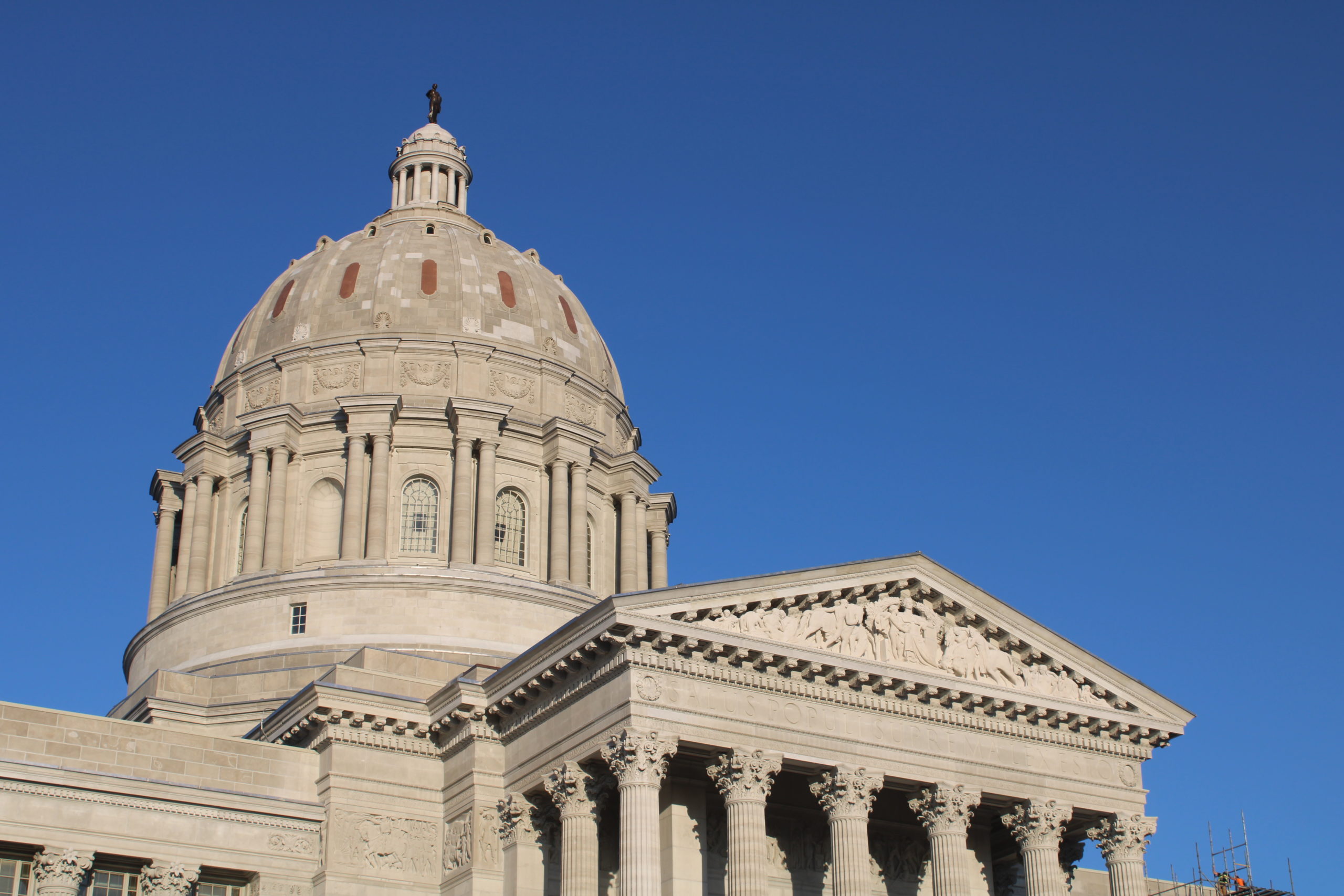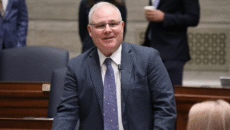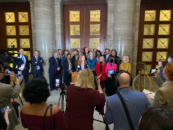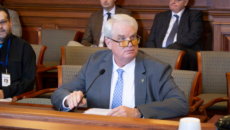The Biden administration won its first legislative victory last week, passing a $1.9 trillion COVID-19 relief package.
The act included a third wave of stimulus for taxpayers, in addition to creating and expanding a bevy of grants designed to offset the economic impact of the pandemic for individuals, businesses, departments, and communities. The plan narrowly passed both chambers before reaching President Joe Biden’s desk last week.
Here’s a look at how the American Rescue Plan Act will impact Missouri.
Ninety percent of Missourians are set to receive up to $1,400 in stimulus payments according to the Missouri Budget Project (MBP), amounting to roughly $7.6 billion across the state. Several pandemic-related unemployment benefits were extended through September, and tax credits for child care and earned income will also be available in addition to food and housing assistance programs. Traci Gleason, vice president for external affairs at MBP, said the funds would bolster the economy and support Missourians still reeling from the fallout of the pandemic.
“Across our state, we still have unemployed workers who are struggling to pay their bills and folks who are falling behind on rent and worried about feeding their families, so the American Rescue Act really is the kind of action that helps to meet this moment,” Gleason told The Missouri Times. “It helps struggling families and state and local governments to weather the health and economic crisis the pandemic has created.”
An estimated match of $1.15 billion is expected for Missouri’s Medicaid expansion effort. Education is also slated to benefit from the allocation, with more than $1.95 billion set from the Elementary and Secondary School Emergency Relief Fund, while higher education is expected to see $632 million. Emergency assistance funds, including mental health programs, low-income energy assistance, and community health centers are also set to receive millions in funding.
“Between the direct benefits that will help Missouri weather the recession and the investments in state and local government response, those are the kinds of things that will help families and the economy rebound from this crisis,” Gleason said.
The act also included more than $10 billion for the country’s agriculture industry. Spencer Tuma, director of national legislative affairs for the Missouri Farm Bureau, said the funds would go toward various programs, including those focused on food supply and animal health monitoring.
“Agriculture has been hit very hard by the pandemic,” Tuma said. “We’ve seen that since it began and it’s continued on through.”
Another provision, making up half of the national fund, would bolster disadvantaged farmers across the country. Tuma said that the fund would go toward relieving debt for minority farmers, though it was unknown how many Missourians would be affected.
An additional $10 million was allocated for rural health care, according to the Department of Health and Senior Services (DHSS). Rural hospitals facing business interruptions from the pandemic are eligible for the reimbursement, capped at $161,290 per hospital.
The bill also enacts the Restaurant Revitalization Fund (RRF), allocating $28.6 billion in relief funds to the foodservice industry nationwide. According to the Missouri Restaurant Association, 83 percent of restaurant operators in Missouri reported lay-offs or furloughs by the end of last year.
Michael Powers, a labor and employment law attorney with St. Louis-based McMahon Berger, said the fund was aimed at small businesses struggling under the weight of the pandemic.
“So many of these restaurants and bars operate on very limited margins as it is,” Powers said. “For something like this pandemic to hit, a lot of these small companies don’t have huge cash reserves to wait out something like this that’s now been going on for a year.”
The fund is to be distributed through grants of up to $10 million per entity, with priority given to economically disadvantaged businesses for the first three weeks of the application window. Funds can be used for expenses related to the pandemic, from payroll to PPE and social distancing accommodations. Powers noted the application period had not been established yet but advised businesses to keep an eye on the opportunity due to high demand.































